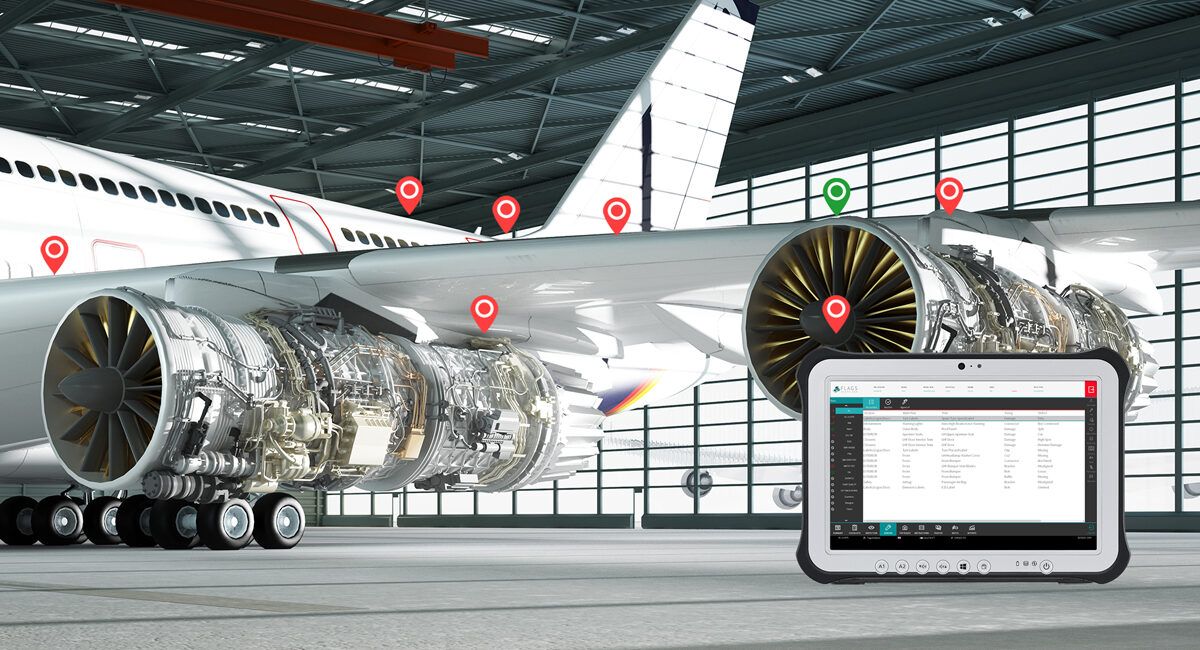The manufacturing industry is in the midst of digital transformation, driven by innovation including predictive analytics, digital twin and the adoption of the Internet of Things (IoT).
This technology not only connects devices and systems but also integrates data, analytics, and automation to create smarter and more efficient manufacturing processes. According to a report by McKinsey, IoT has the potential to generate up to $1.2 trillion globally by 2030.
IoT is already a cornerstone of modern manufacturing, with smart sensors and RFID (radio frequency identification) technology at the forefront of implementation. These technologies have been instrumental in driving digital transformation and the emergence of smart factories. While significant progress has been made, the full potential of IoT in manufacturing remains largely untapped. There’s immense opportunity to optimise processes, foster innovation, and revolutionise the industry.
What is IoT?
The Internet of Things (IoT) involves the interconnection of devices equipped with sensors, software, and other technologies to communicate and exchange data.
How does IoT work in manufacturing?
IoT applications in manufacturing involve deploying connected devices across production lines to monitor various parameters, such as machine performance, environmental conditions, and product quality. When paired with AI (Artificial Intelligence), this enables real-time data collection and comprehensive analysis, revolutionising traditional processes and enhancing overall operational efficiency.
Here’s a closer look at how IoT operates within manufacturing:
1. Data collection and analysis
Did you know, companies that integrate IoT into their operations can achieve up to a 30% improvement in productivity? This is because IoT devices, such as those connected with FLAGS quality management software collects unstructured data from various sources including sensors on equipment and data inputted by humans, and sends this unstructured data to data lakes or structured data warehouses. From product inspections to visual defect mapping and monitoring machine performance, manufacturers and data scientists can leverage this information to enhance quality, improve efficiency, free up resources and ensure consistently the very best products are manufactured every single time.
2. Real-time monitoring
When data is monitored in real time, it can reduce downtime by 25%, because manufacturers can track production processes continuously and react before an issue arises. FLAGS Software is designed to integrate with existing software systems, including ERP, MES, and MIS systems through IoT, enabling data exchange between devices. This visibility helps in quickly identifying and resolving issues, which is crucial for maintaining operational efficiency and product quality.
3. Predictive maintenance
One of the most transformative applications of IoT in manufacturing is predictive maintenance. With IoT and FLAGS Software, through the analyses of data patterns, IoT systems can predict equipment failures before they happen, allowing for timely maintenance, minimising downtime and cutting maintenance costs by 25% .
4. Enhanced quality control
When paired with FLAGS smart quality control software, IoT facilitates more precise quality control by providing detailed insights into each stage of the production process. This helps in early detection of defects, ensuring that only high-quality products are delivered to the market. According to a study by Deloitte, companies utilising IoT for quality control can experience a 15% improvement in product quality .
The benefits of IoT in manufacturing with FLAGS Software
- Increased efficiency: Automation and data integration reduce manual data handling, significantly increasing efficiency.
- Improved decision-making: Data-driven insights optimise resource allocation and strategies.
- Reduced costs: Combining predictive maintenance, efficiency improvements, and quality control leads to reduced costs.
- Enhanced flexibility: When partnered with FLAGS quality management software IoT systems can be adapted quickly to meet changing demands.
- Better product quality: Continuous monitoring ensures high-quality standards, boosting customer satisfaction and brand reputation.
IoT is revolutionising the manufacturing industry by providing unprecedented visibility, control, and efficiency. As manufacturers seek to stay competitive, the adoption of IoT technologies is becoming not just an option but a necessity.
At FLAGS Software, we are at the forefront of this transformation, offering smart quality control solutions that harness the power of IoT to optimise your manufacturing processes. Our experienced team is ready to help you achieve excellence in production. Get in touch with us today to explore how we can support your journey towards a smarter, more efficient manufacturing future.






